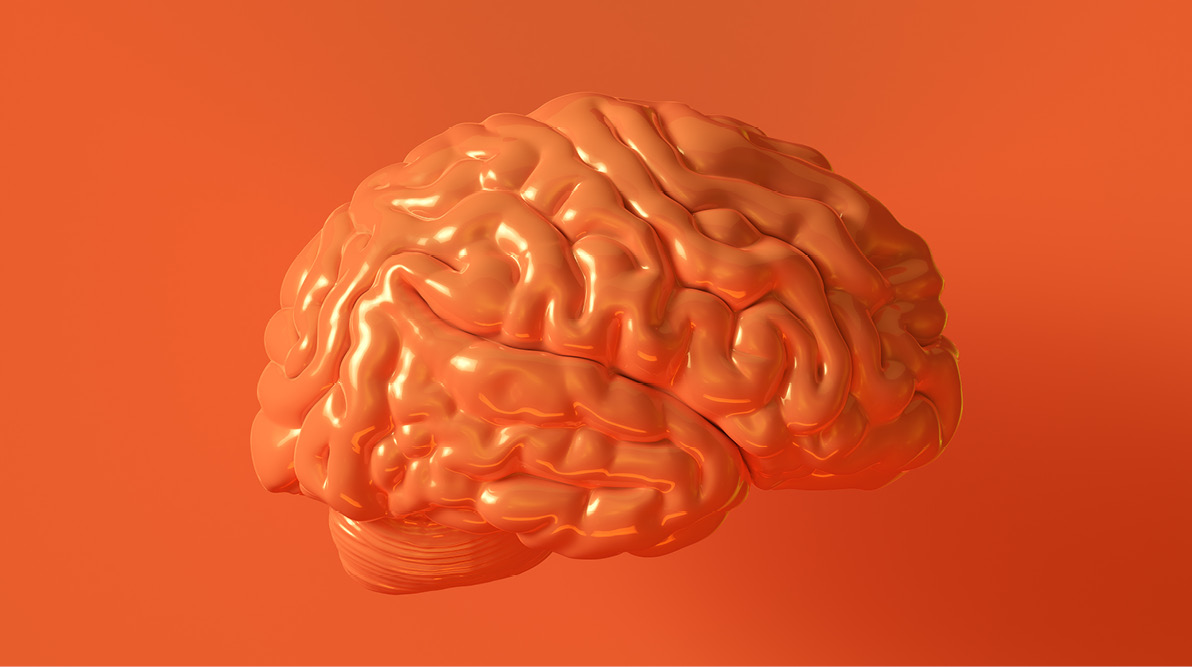A team of researchers at the California Institute of Technology uncovered neurons said to be associated with memory-based decisions, such as memory retrieval. Their findings appeared in the peer-reviewed journal Science.
The study is a first of its kind that identified neurons implicated in the human brain that signal memory-based actions, while also demonstrating how memories transfer to the frontal lobe region of the brain at will.
For their study, 13 participants had their frontal and temporal lobe examined by researchers, monitoring single neurons in those regions.
According to the findings, the neurons uncovered had encoded memories in the temporal lobe and “memory choice neurons” in the frontal lobe, all of which contribute to the retrieval process of memory in the brain.
“Both the medial temporal lobe and medial frontal cortex become active when the decision requires that the patient remember something. The interaction between these two brain structures allows for successful memory retrieval,” the study’s co-authors determined.
“So if we ask a patient if they have seen a face before, neurons in both regions become active. But if we show them the same image and ask, “Is this a face?” then the memory choice neurons remain silent. Instead, we see a second distinct population of neurons in the frontal lobe, supporting the subject’s current goal of categorizing the image.”
“Interestingly, we found that the decision was represented by the memory choice neurons in an abstract way, such that the very same neurons could signal this information in different contexts. This likely accounts for much of the flexibility that we see in human decision-making,” they concluded.
“This is the first time neurons have been described in the human brain that signal memory-based decisions. In addition, our study shows how memories are transferred to the frontal lobe selectively and only when needed.”


